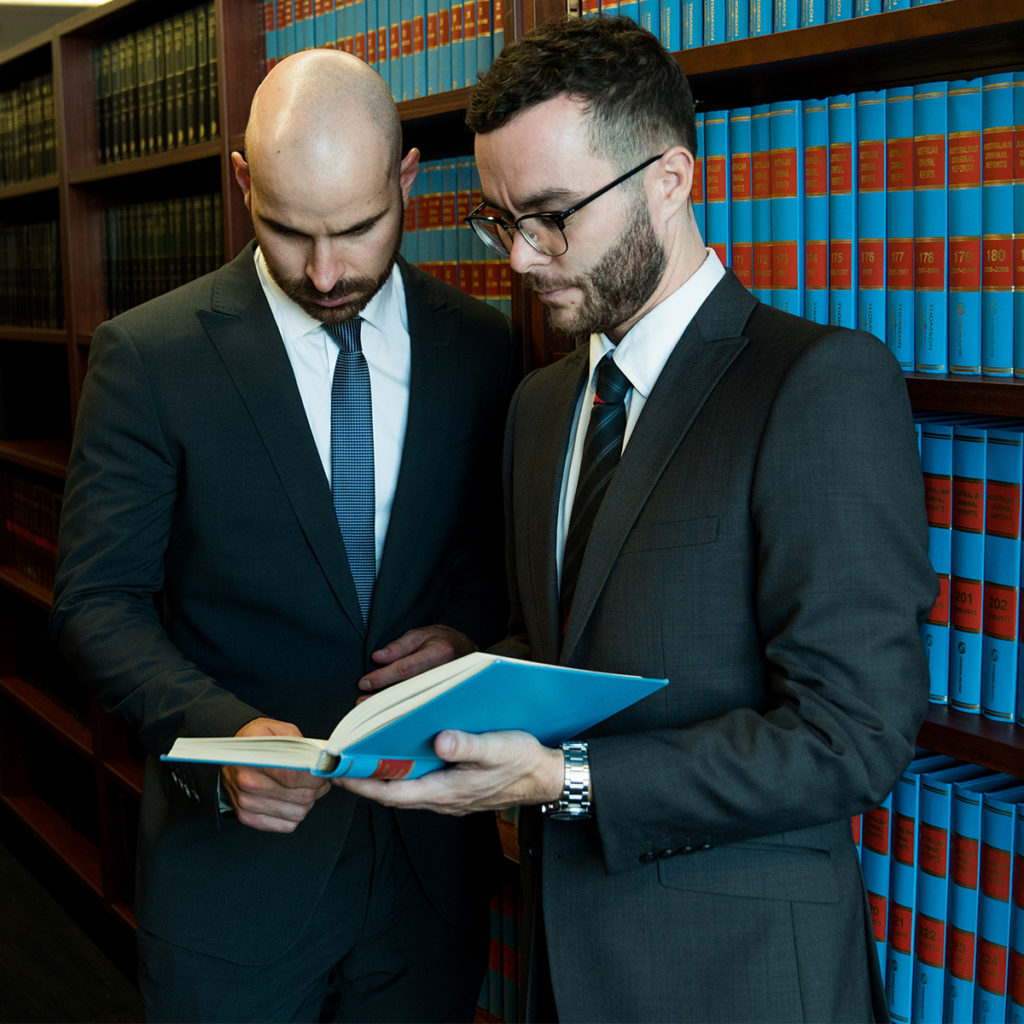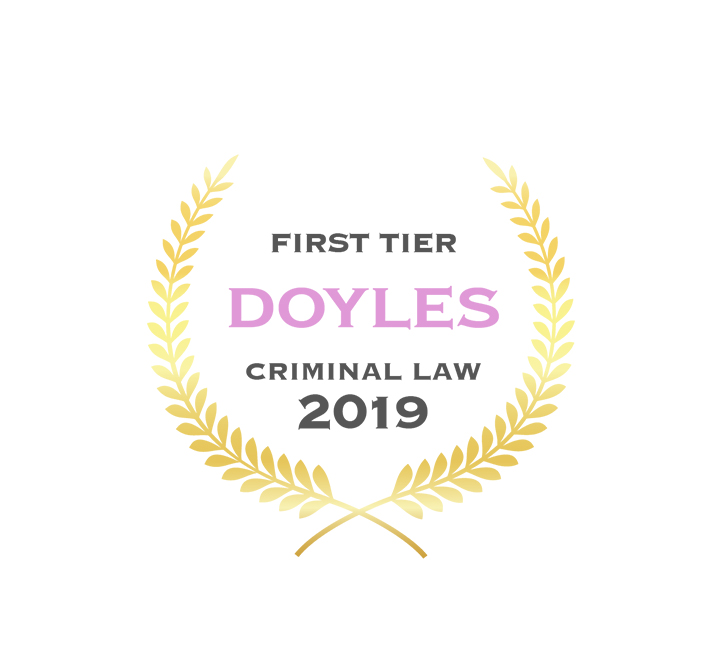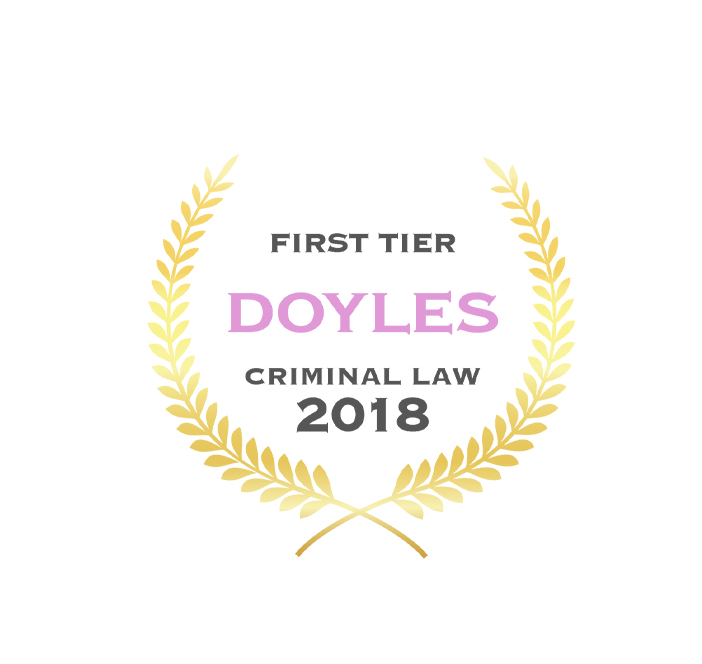A restraining order is not a criminal conviction. However, if you breach your restraining order, you will be charged with a breach – which is a criminal offence.
Violence Restraining Orders Perth
A restraining order is an order which places conditions on a person (“person bound”) restricting that person in relation to another person or persons (“person protected”). It can apply to children.
We represent persons bound and persons protected in restraining order proceedings. There are cost implications for anyone applying for or defending a restraining order application.
How serious is a restraining order?
Restraining orders are very serious and can impact on your employment and ability to possess a firearm license. Where a condition is breached, the person bound will be charged with a breach – which is a criminal offence – and will be listed on their criminal record upon conviction.
IMPORTANT: If you are served a restraining order, meaning you are the “person bound” even where the protected person incites a breach by you, and you do breach you will be held to have breached the order. For example:
- If you receive a phone call and talk, you will breach the order
- If you return a phone call, you will breach the order
- If you reply to a message, you will breach the order
- If you attend a house, including the one you own or rent, which is listed on the order or as where the protected person resides, you will breach the order
- If you see the person in public and come into contact with them, you will breach the order


If the restraining order is objected to
You only have 21 days which to object with a form to the court or the order will be made final. Where an order is objected to, the matter will be listed for an interim hearing to resolve the VRO. If the matter is not resolved at the interim hearing, the matter will then be set down for Final Order Hearing (a Trial).
If an order is served on you
IMPORTANT: If an order is served on you, meaning you are the “person bound”, you have a limited time to object to the order. Therefore, you should attend the court where the order was made (written on the order) immediately and file an objection in the court registry or do so through a lawyer.
Where are restraining order matters dealt?
Restraining orders are dealt with in the Magistrates Court.
Can a protected person consent to a breach?
A protected person cannot consent to a breach even where they have caused it.
What happens if I don’t object to the restraining order?
If you do not object to the restraining order, the restraining order becomes final and may last several years.
Can I get a restraining order for my children and myself?
Yes, depending on the circumstances, you can get a restraining order for yourself and your children.
Can costs be awarded against me in a restraining order?
In some instances, yes, costs can be awarded against you in a restraining order.
Can I fight a restraining orders?
Yes, you must object within 21 days to the court. The applicant must meet criteria under the Restraining Orders Act before a restraining order is made permanent. You need to find out what the applicant said to get the interim restraining order and any documentation filed with it.
What types of restraining orders are there?
There are three types: Family violence restraining orders, violence restraining orders and misconduct restraining orders.

 (08) 9430 4222
(08) 9430 4222 
 Call us
Call us Meet our team
Meet our team






